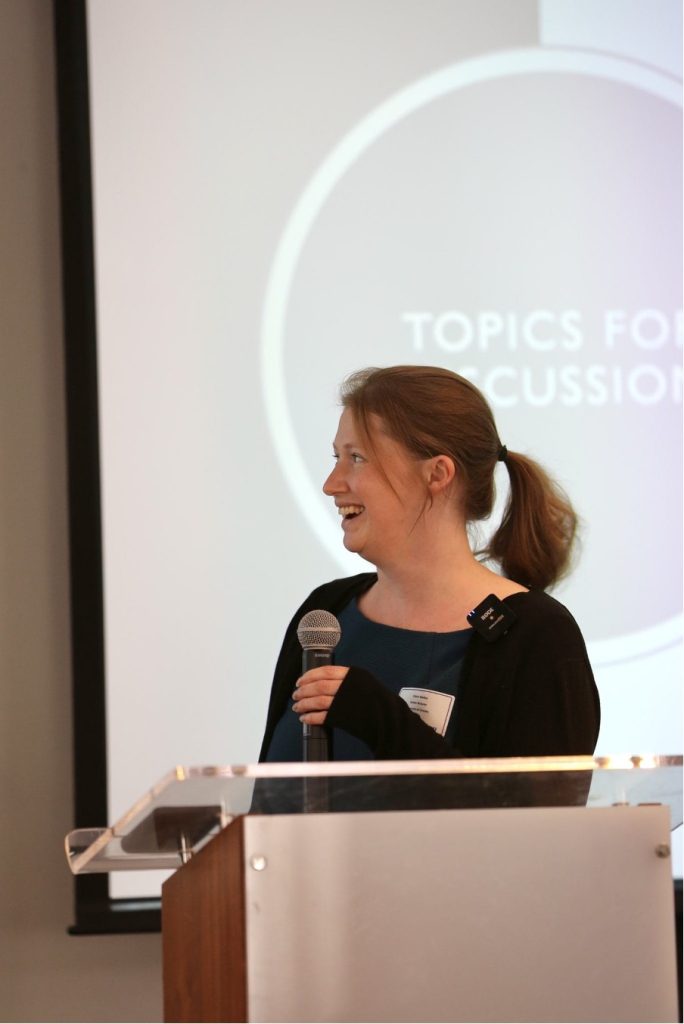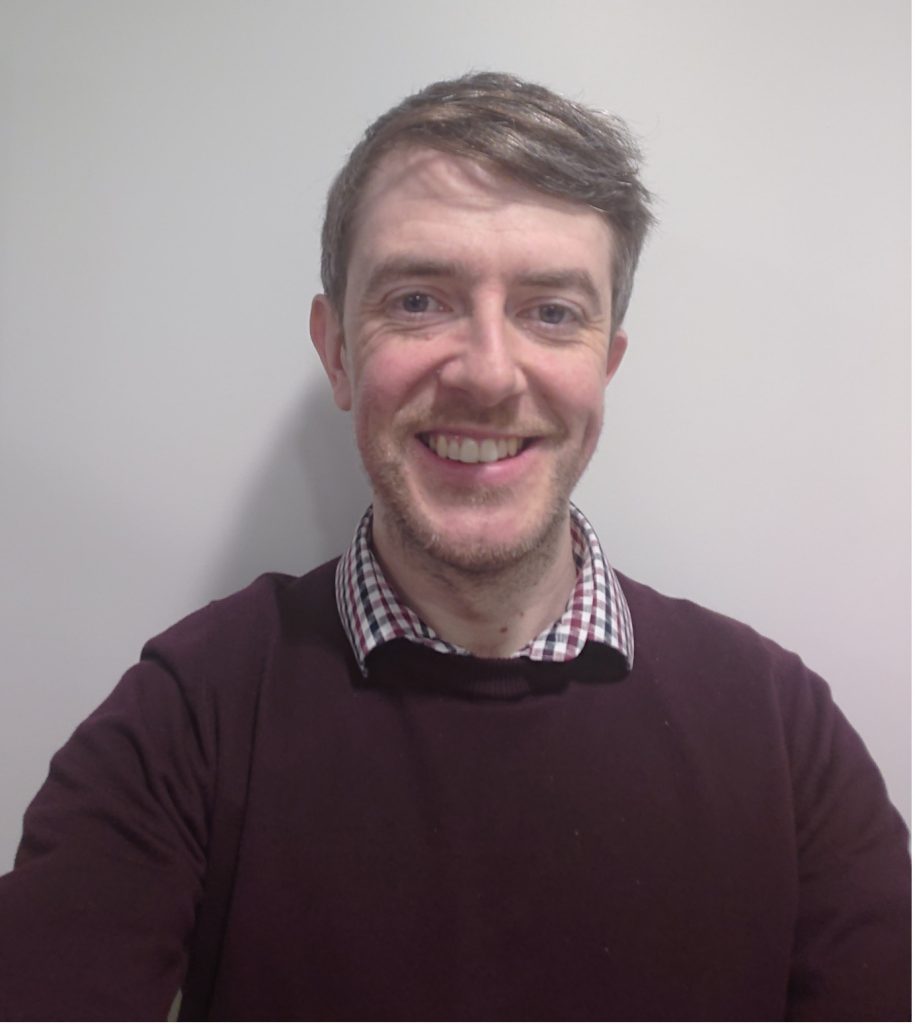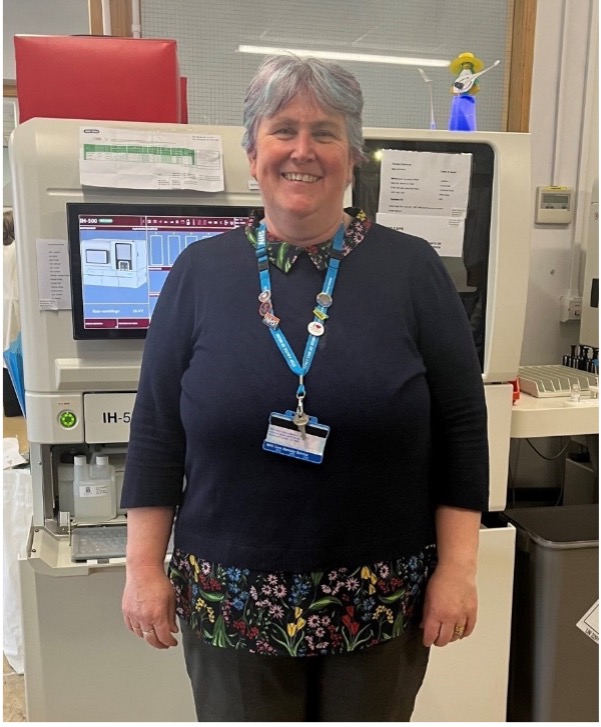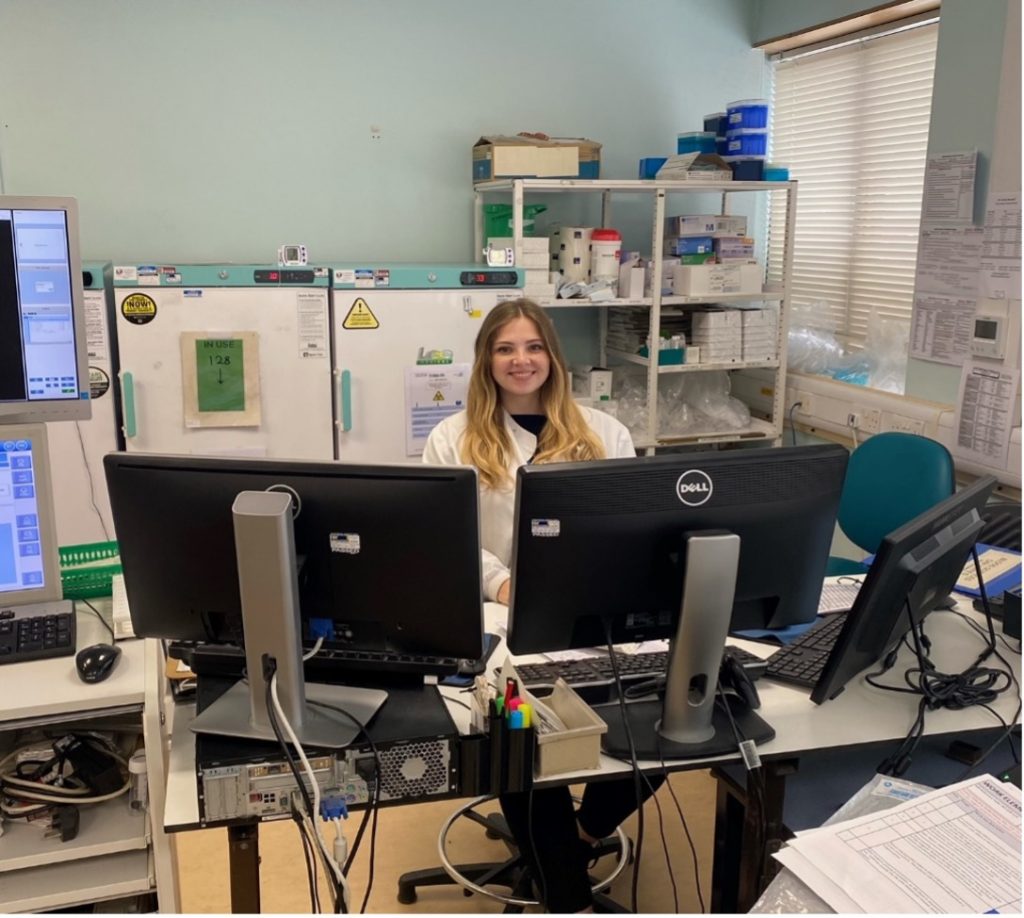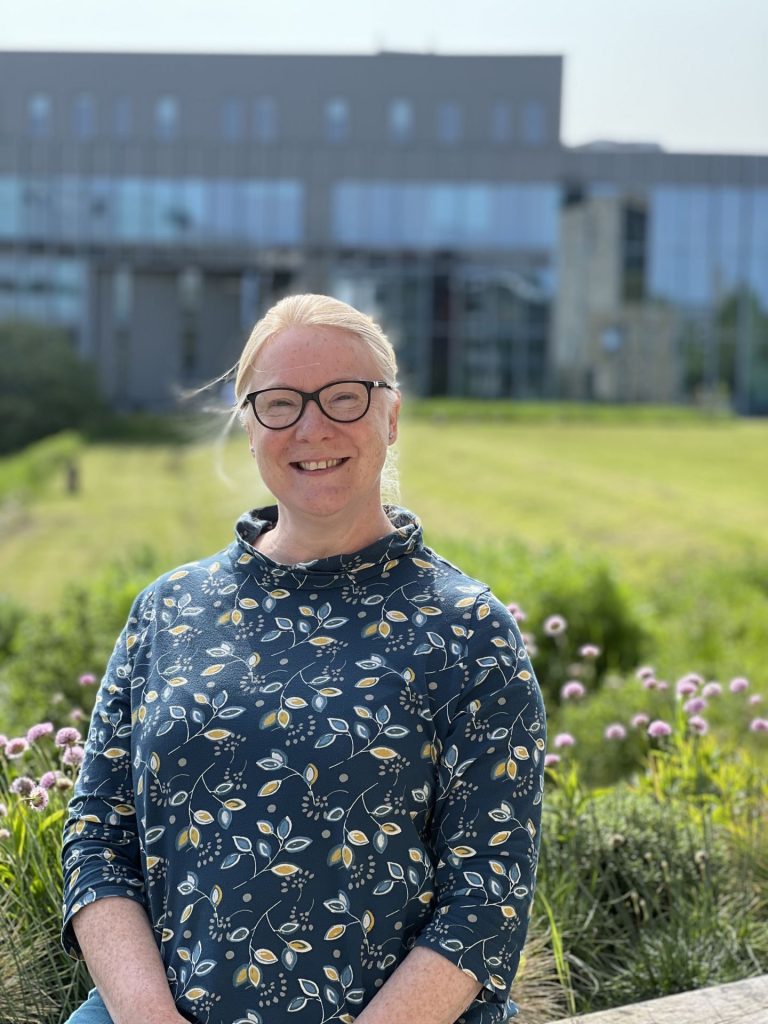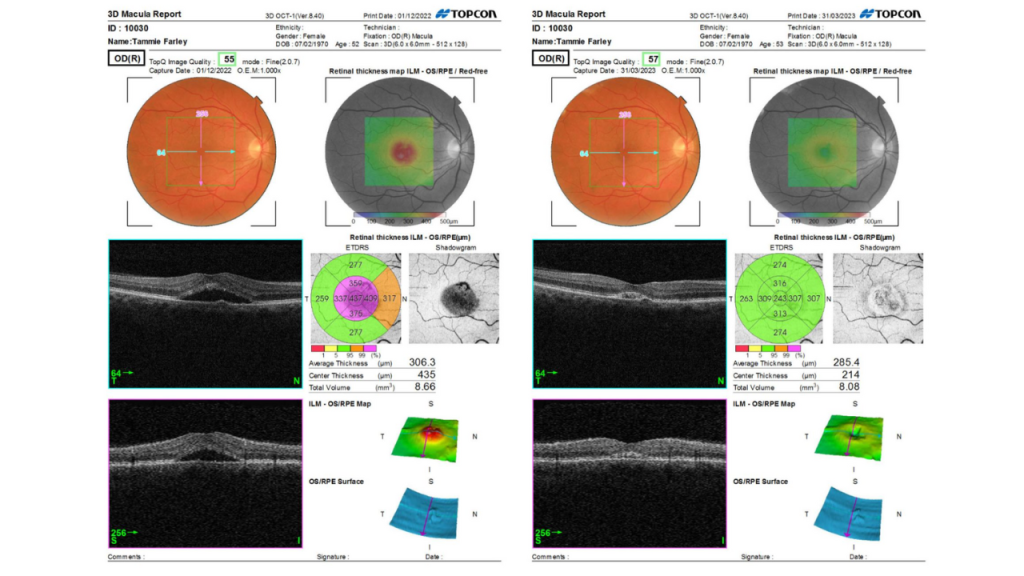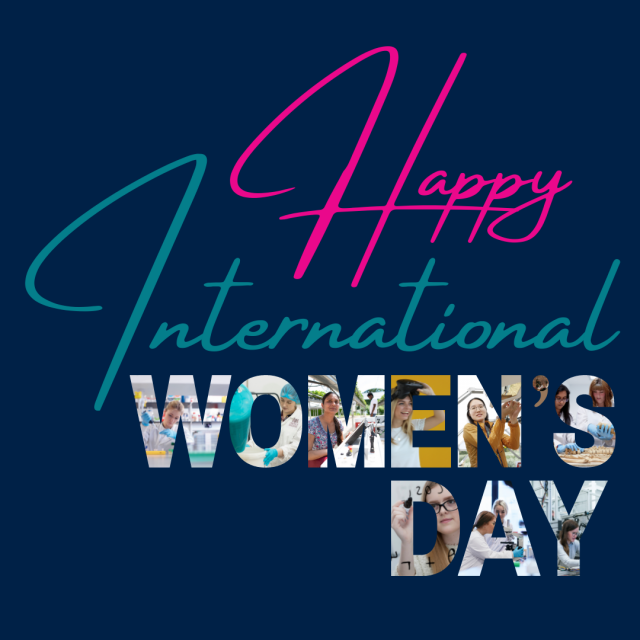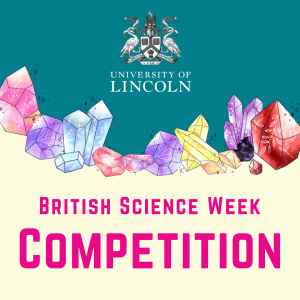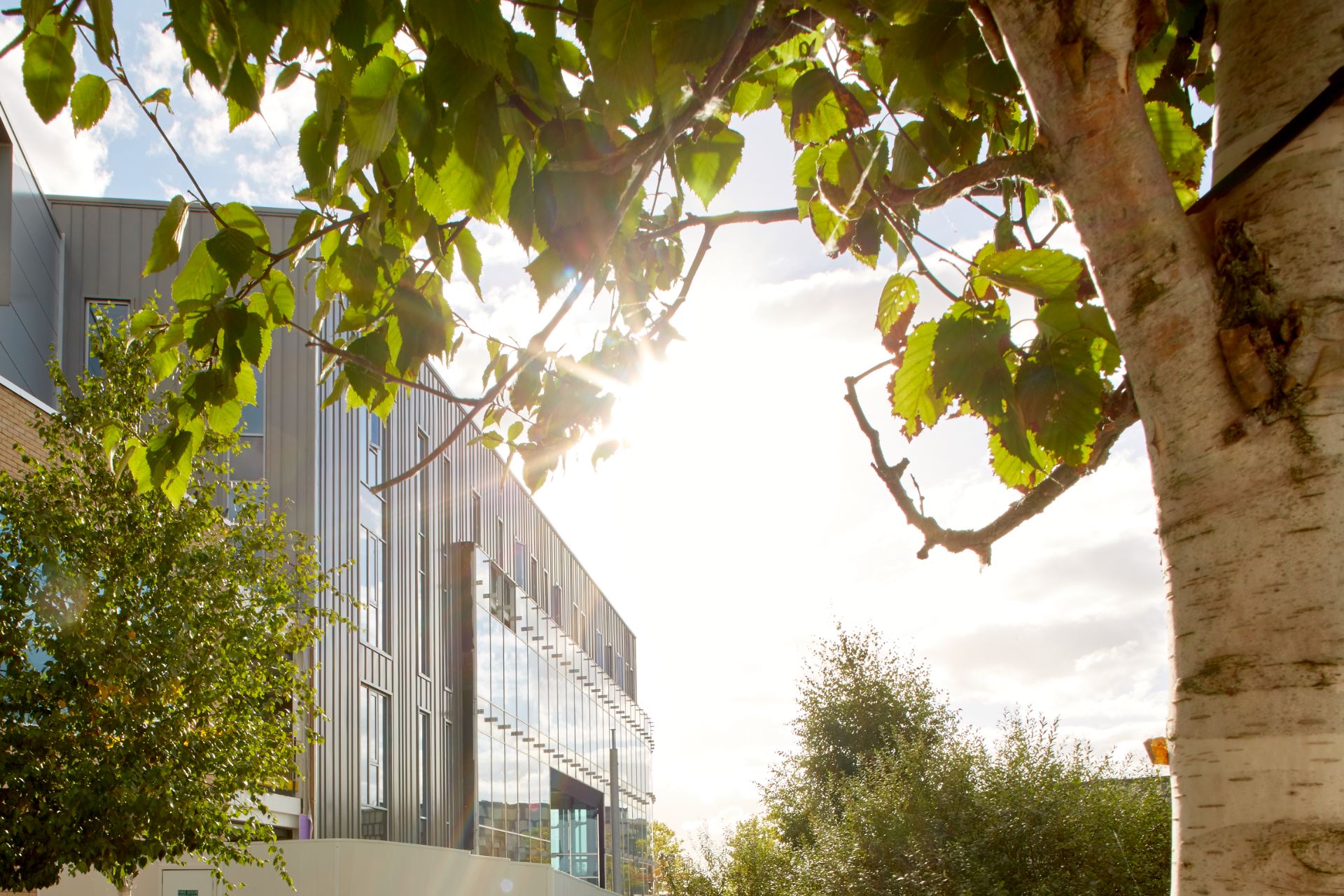Today we are celebrating the amazing work that women engineers around the world are doing to support lives and livelihoods every day.
We’re profiling some of our staff here at Lincoln, who are helping to build towards a brighter future and #makesafetyseen.
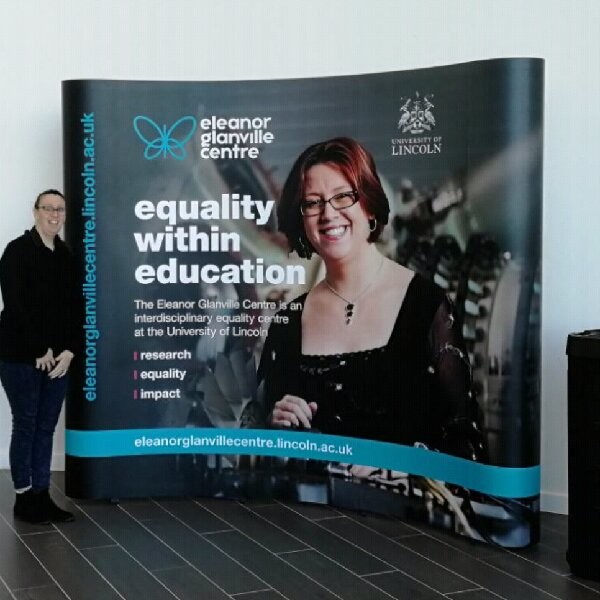
First up we have Valerie Andrews, who is one of our Research Associates within our Lincoln Institute of Agri-Food Technology.
What would you say to anyone thinking of studying or having a career in engineering?
‘Engineering’, it’s just one single word with a plethora of different meanings and applications, it’s often not what you think it will be, but so much more you weren’t expecting.
Engineering in essence is what you make of it (quite literally in many cases). It’s only limited by one’s imagination and passion, if you have either, or both of those things, then let nothing stand in your way, be diverse, be creative, be unusual, and think outside the box, it’s a subject that thrives on those things. It doesn’t matter who or what you are if you see things and wonder how it’s made or think you can make it better, you think like an engineer. As engineers we strive to make the world a better place, it’s not always about making things, but how we can also adapt, or improve on what we have. If you have an idea – you have the power to make it happen!
What made you choose a career in Engineering?
I chose engineering because I’ve always been a bit of a tomboy. I was brought up by my grandmother so when things broke, I’d just fix them. I had a ‘knack’ for it. As I got older I’d fix my cars, do the general DIY and wiring, and would end up in technical roles. I would look at things and see ways to improve them, I just understood how they worked. There’s nothing more satisfying and gratifying than fixing something or improving it, no matter how little, and I guess that’s where I found I had a passion for it. Albeit later in life, I went to college to do a BTEC in engineering and continued to the University.
What are your professional achievements as an engineer?
Throughout my career, I have worked on a variety of projects. These include researching compostable and recyclable food packaging, creating a habitat for Black Soldier Larvae to reduce food waste, and designing a compact mechanical blueberry harvester that can operate within polytunnels. Additionally, I was part of a team that built one of the first electrified agricultural vehicles with a sprayer body and electric hub. As a team, we also developed a versatile robotic platform that is suitable for various research applications at the university.
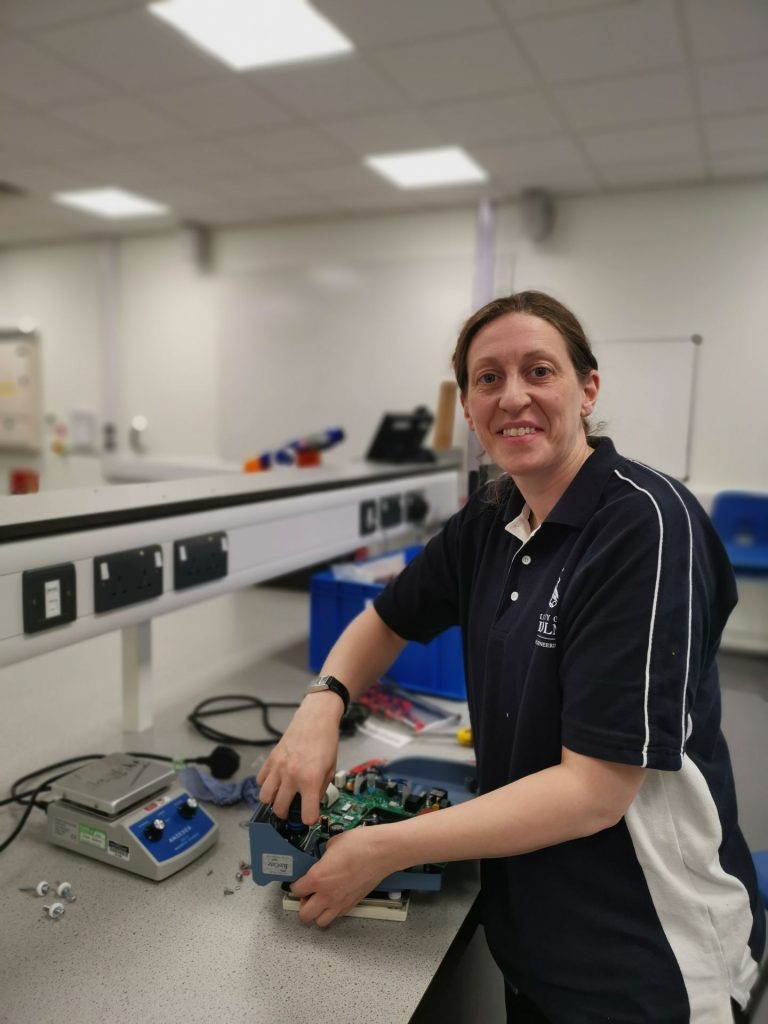
Next up we have, Dr Natalie Evans, who has recently joined our School of Engineering as an Assistant Technician.
I am proud to be a new member of the technical team where despite not actually being an engineer, I utilise my scientific background and chemistry knowledge to support activities within the department. My experience with safe use of chemicals and equipment as well as COSHH and risk assessment procedures has been useful to contribute to safer working practices in the laboratories.
